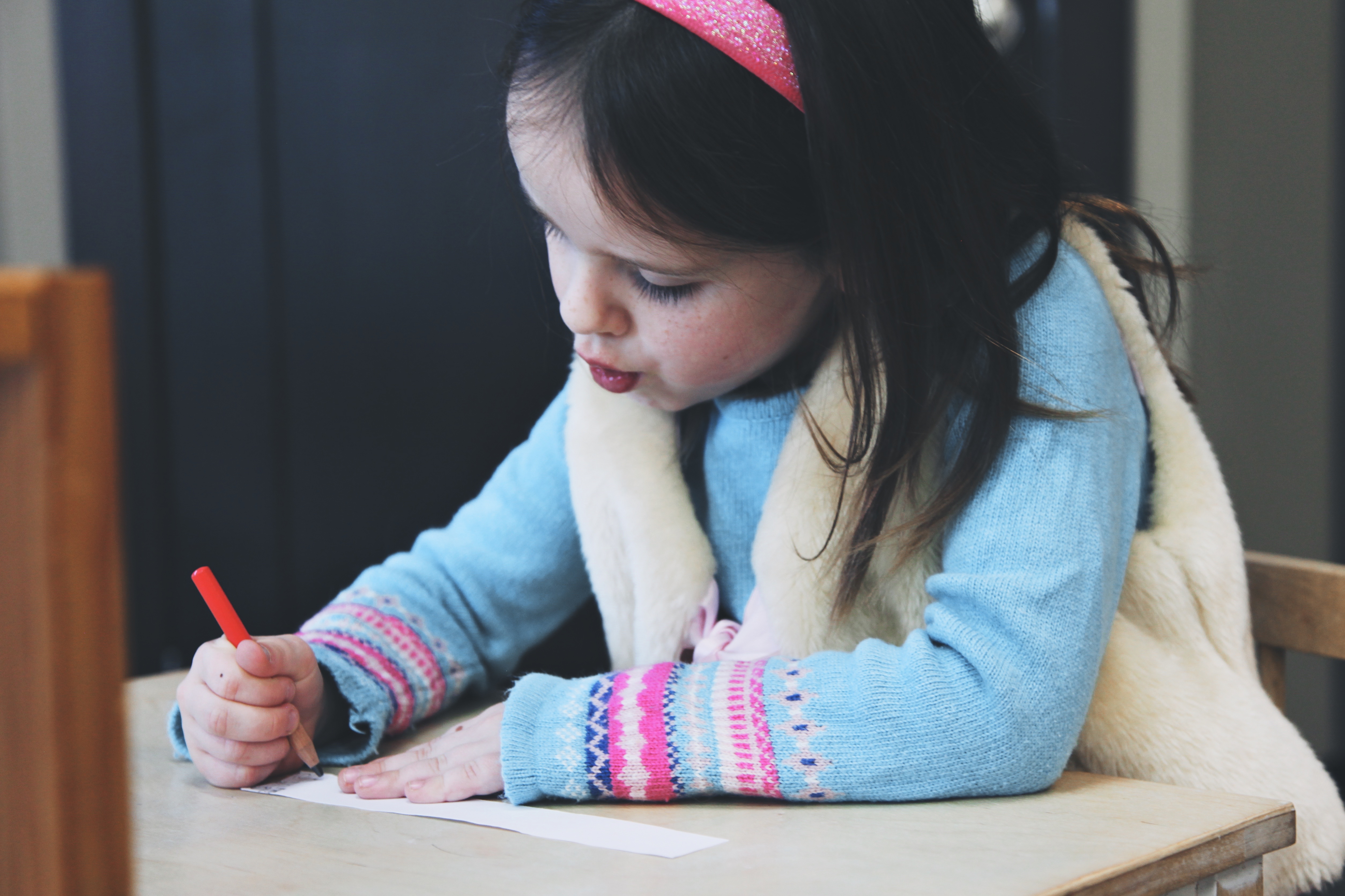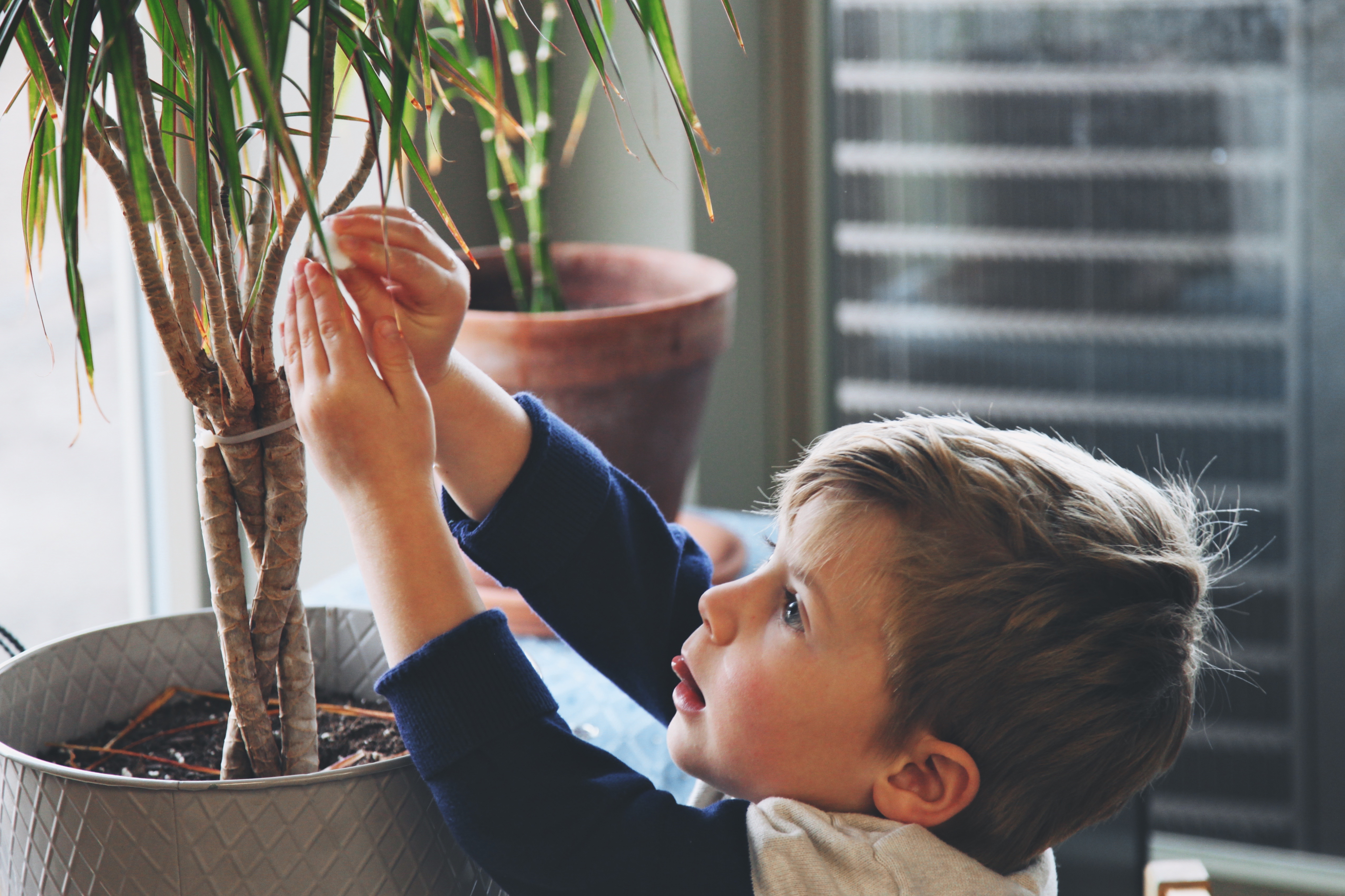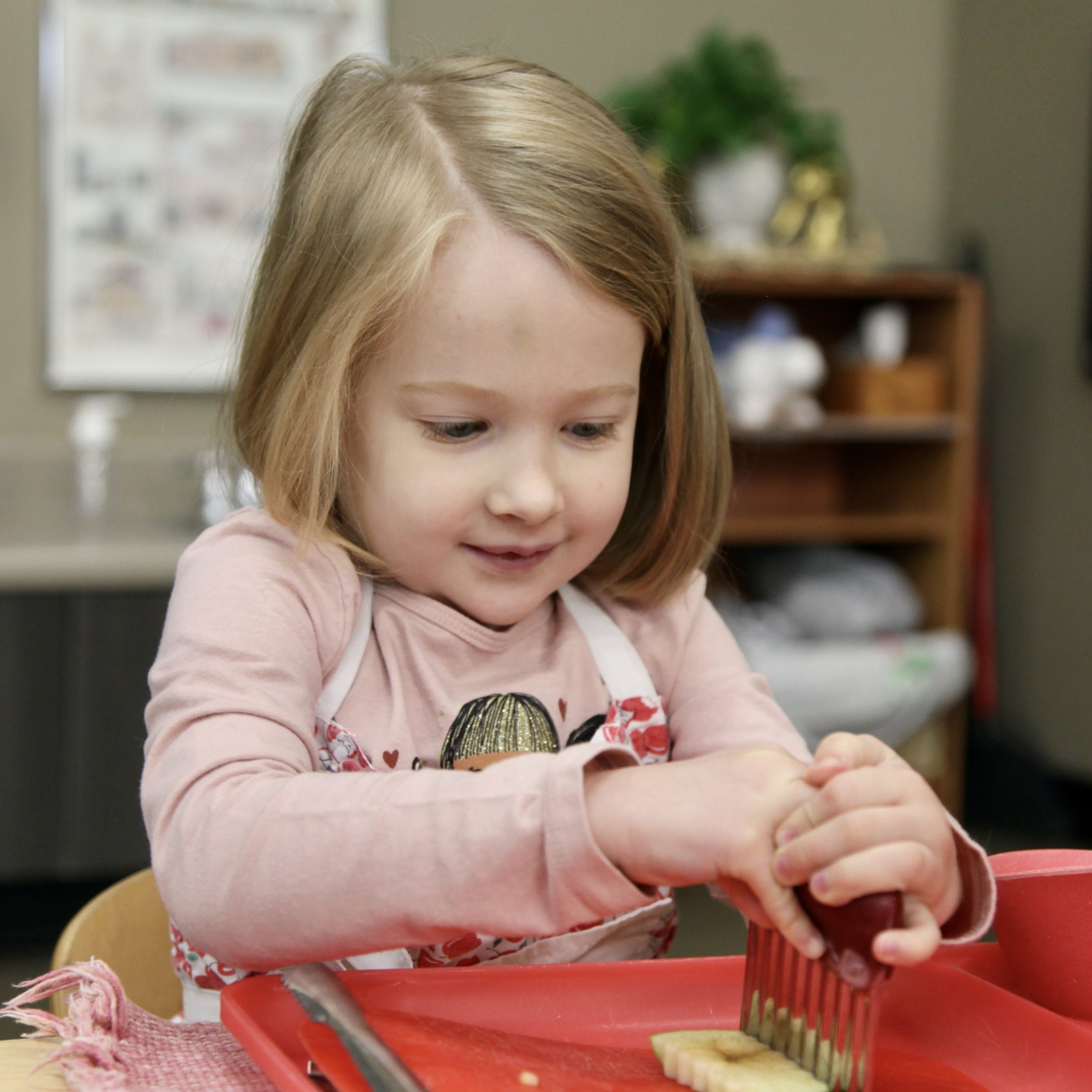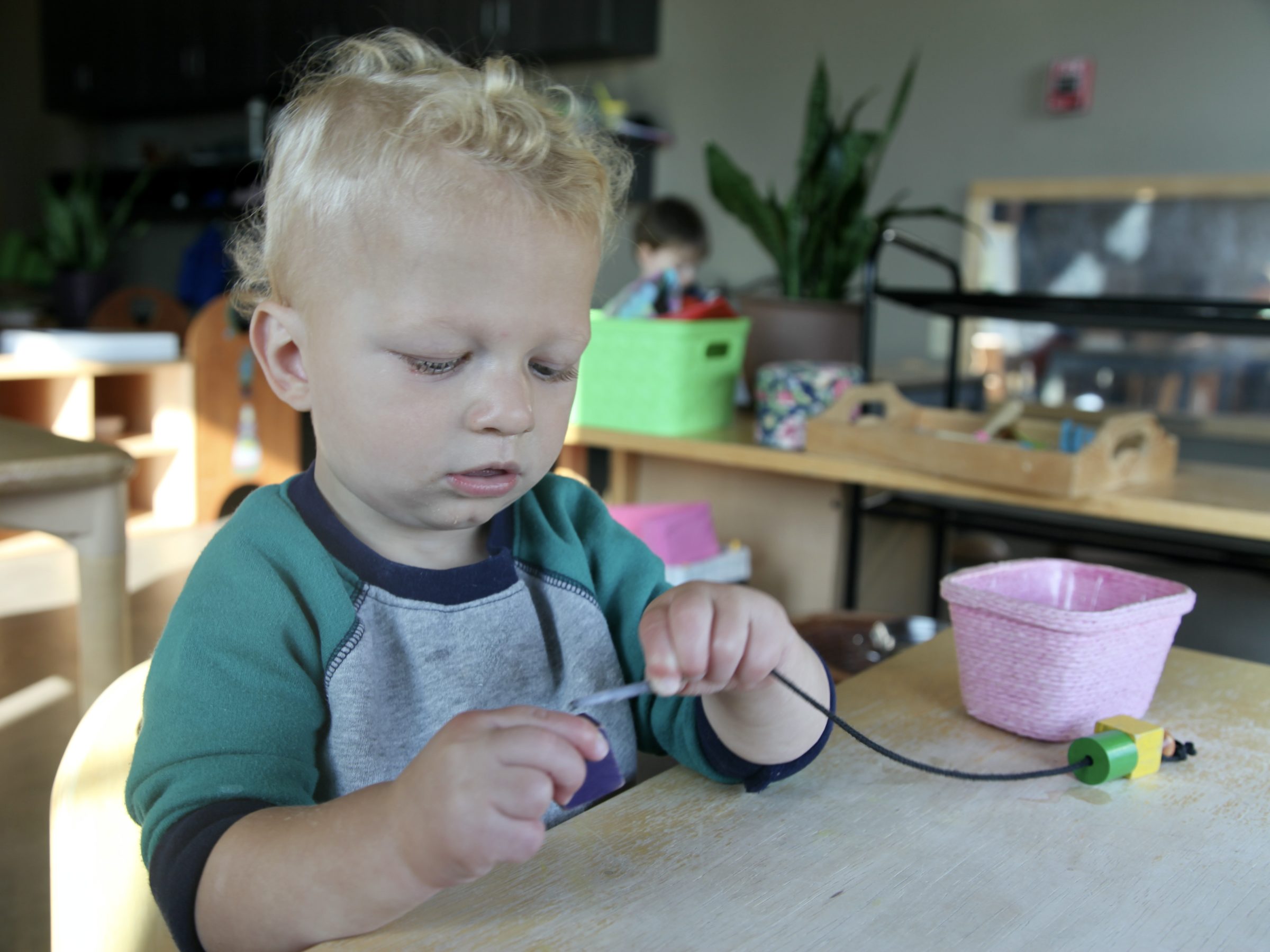Montessori Dictionary: Self-Discipline
Podcasts
What is self-discipline? In Montessori, “discipline” is thrown around a lot, but what does it mean? We thought we’d discuss some of these “Montessori Phrases,” rather than simply assuming we’re all on the same page. For more about what “Discipline” means, listen to this podcast.
We work toward discipline constantly. All discipline in Montessori, is self-discipline. I am the only one who can “make” me do the right thing. But first, I have to Know the Right Thing.
“A child needs to see what we do, in order to place value on certain behaviors.”
This is where adults come in. We always model appropriate behavior, things we want to see emulated by the children — tucking in chairs, using an inside voice, carrying items carefully with both hands.
A child needs to see what we do, in order to place value on certain behaviors. A tucked-in chair isn’t inherently better than a chair sitting in the middle of the floor, except that we have agreed This is the Right Way to do something. Walking over a rug or walking around it, bumping into a classmate or being careful not to, leaving water on the floor or checking to make sure you’ve gotten all the drips, we are not born knowing which is better, which is right.

This is discipline — that there Is a right way, that the adults model the right way, and encourage those same traits and behaviors in children. This is how self-discipline is fostered.
Even though we might be able to carry 3 chairs, we demonstrate self-discipline in always carrying one chair, precisely how we would like the children to. We use the words we want to hear. We are overt when we notice a spill and clean it up, even though we weren’t the one to drip a bit of water, highlighting with our words, “Oh my, some water! Good thing I know how to clean it up! I wouldn’t want anyone to slip!”
Discipline helps us function as a society. It’s waiting when you see a line, the same at the grocery store or at the sink. It’s carrying something carefully, a tray with a glass pitcher or a cup of coffee to a colleague. It’s using your words, rather than your body, when you feel frustrated or hurt.
All discipline is self-discipline. When it isn’t, it’s punishment. We don’t punish in a Montessori classroom, we examine for what we, the adults, could do better, what we missed, how we can help more effectively. We are all capable of self-discipline, and we’re all growing into our capacities. It just takes a model, and lots and lots and lots of practice.

Written by:
Charlotte Snyder



